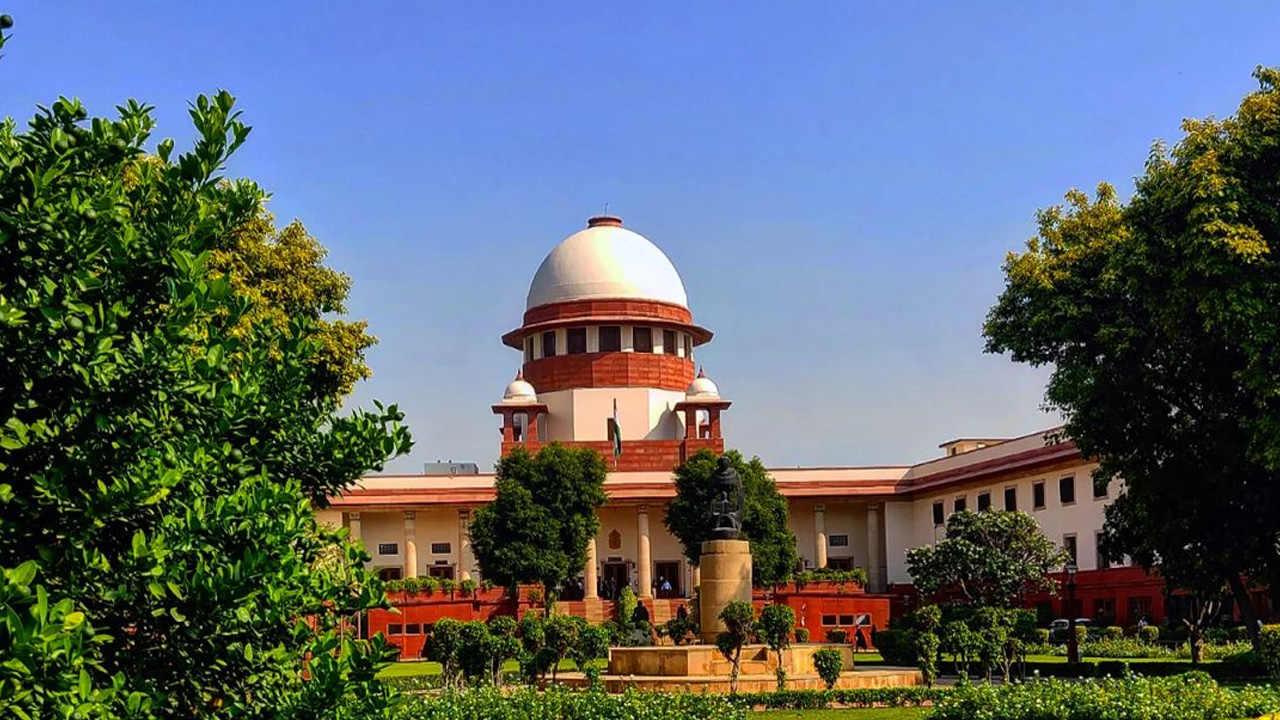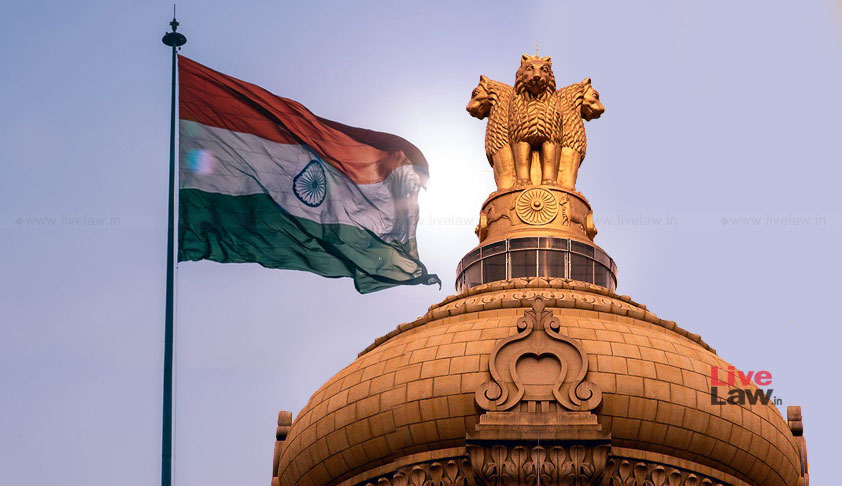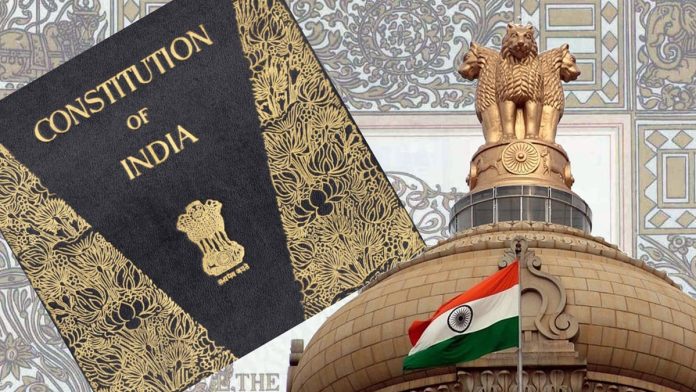- One of the most oft-used words in the lexicon of democratic countries around the world must be none other than secularism and socialism. Any government worth its salt would leave no stone unturned in ensuring citizens are provided with amenities, opportunities, security, safety, peace, freedom, independence, sovereignty, and a platform to express opinions without fear about any issues under the earth. Many sage heads would mention that any democratically elected government is expected to uphold these necessities for the benefit of citizens. Remember, democracy is nothing but for the people, by the people, and of the people. And elected representatives, as the name suggests, are chosen by people to represent them.

PC: OpIndia
- In the context of India, social and secular are used so extensively by the political class that they are considered as synonymous with them, irrespective of party affiliation and/or philosophy. For the uninitiated, social and secular are the words inserted by Prime Minister Indira Gandhi in the Constitution’s preamble during the dark phase of the Emergency in 1976. These words crop up so often during the political discourse that it’s hard to ignore them completely. The 50th anniversary of the imposition of the Emergency brought this to the fore recently. RSS and the vice president are among those who have recently batted for deleting socialist and secular from the Preamble of the Constitution. Their arguments echo those made earlier. When? During the Emergency.

PC: Live Law
- Mind you, such descriptors were not considered necessary by the constituent assembly. The SC has maintained that both terms have distinct Indian contexts; that they capture the spirit of the Constitution, are part of the basic structure doctrine, and cannot be equated with Western ideological positions. As SC correctly observed many times, secularism is integral and intertwined in all respects of the Constitution. From right to equality and fraternity, all fundamental rights indicate that secularism is a core feature. In the Indian context, secularism, envisioned as equality of all religions, castes, and creeds, is evident in Articles 15 (equality) and 25 (freedom of religion). Socialist is a different kettle of fish, though.

PC: Live Law
- SC has held that the idea of socialism can be upheld as part of the basic structure since it also stands for equality of opportunity and fair distribution of the nation’s wealth; that such philosophy is reflected in various articles of the Constitution. But that’s stretching the definition of socialism. It conflates socialism, which is to do with ownership of means of production, with social justice, which is about everyone getting a fair shot at life. The Constitution certainly has social justice as part of its basic structure doctrine. But not socialism. A robust capitalist system with good welfare provisions is the best guarantee for social justice. Social justice is best served by a rights-based approach that’s worked into an economic policy encouraging free enterprise. Thus, it makes eminent sense to drop socialism and keep secular. We know the choice.






